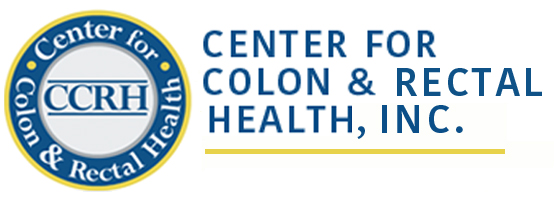This serious condition is a form of inflammatory bowel disease (IBD) which causes inflammation of the lining of your digestive tract. It can occur anywhere in your digestive tract but is most common in the last portion of small bowel (ileum) and first portion of colon (cecum). The anus is also commonly involved. Typically the early symptoms are bloody diarrhea, rectal bleeding, abdominal pain, cramps, fever, loss of appetite, anal pain or drainage, and weight loss. Most patients develop Crohn’s disease before the age of thirty, but it can occur later in life as well.
The causes of Crohn’s disease are not known but research continues, and there is a belief that an existing dysfunction of the immune system causes the intestine to overreact. While there is no known cure for Crohn’s disease, many treatments are available to help reduce inflammation, relieve symptoms, and bring long term remission. With the individualized treatment option that works best for each specific symptom, many patients with Crohn’s disease at the Center for Colon & Rectal Health are able to live full and active lives.
The specialty physicians at CCRH understand the discomfort and sometimes severe pain associated with the disease. Keeping a list of your symptoms, your diet, and your daily activities will help your physician understand your complaints and help you understand your disease. Diagnosis starts with stool and blood samples and imaging testing. Treatments may include medications, surgery, or life-saving lifestyle changes to alleviate symptoms that may be caused by smoking, dietary choices, or stress. The CCRH physicians are available to provide as much attention and information as your specific condition may require.
Family history is important to know in managing this immune system dysfunction. Research indicates certain patients may have a hereditary predisposition to the disease; smoking seems to contribute to the development of the disease. Psychological factors and stress can contribute to periodic flare-ups. Flare-ups can occur which may be mild or severe, brief or prolonged, and can lead to constant pain. Fever and dehydration (from chronic diarrhea which sometimes is bloody) can occur along with crampy abdominal pain, loss of appetite, and unexplained weight loss. Complications can include intestinal blockage, abscesses in the abdomen or anus, ulcers in the bowel or anus, or fistulas in the bowel or anus. Inflammation of the joints, inflammation of the whites of the eyes, and mouth and/or skin sores containing pus may also be present.
As a patient at CCRH, the compassionate medical staff and caring physicians take the time to listen, develop a plan to find the answers for your specific condition and symptoms, and are dedicated to providing you with the best care possible for as long as your symptoms persist.
More Information
Our goal is to provide you with a safe and comfortable environment. Every patient is different. We strive to offer you the most accurate and effective treatment options.
Please contact Bucks County’s premier colorectal group to schedule an appointment and to learn more.
St. Mary Medical Center
St. Clare Medical Building, Suite 130
1203 Langhorne-Newtown Road
Langhorne, PA 19047
215-741-4910


